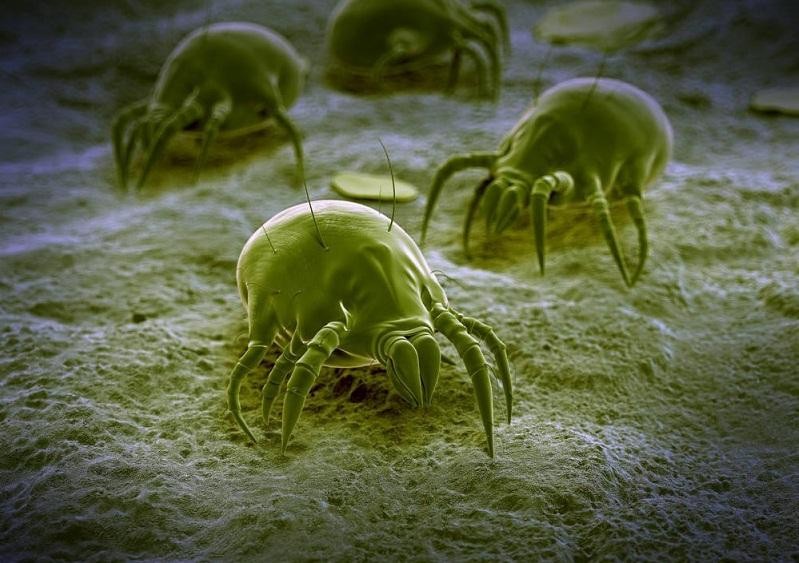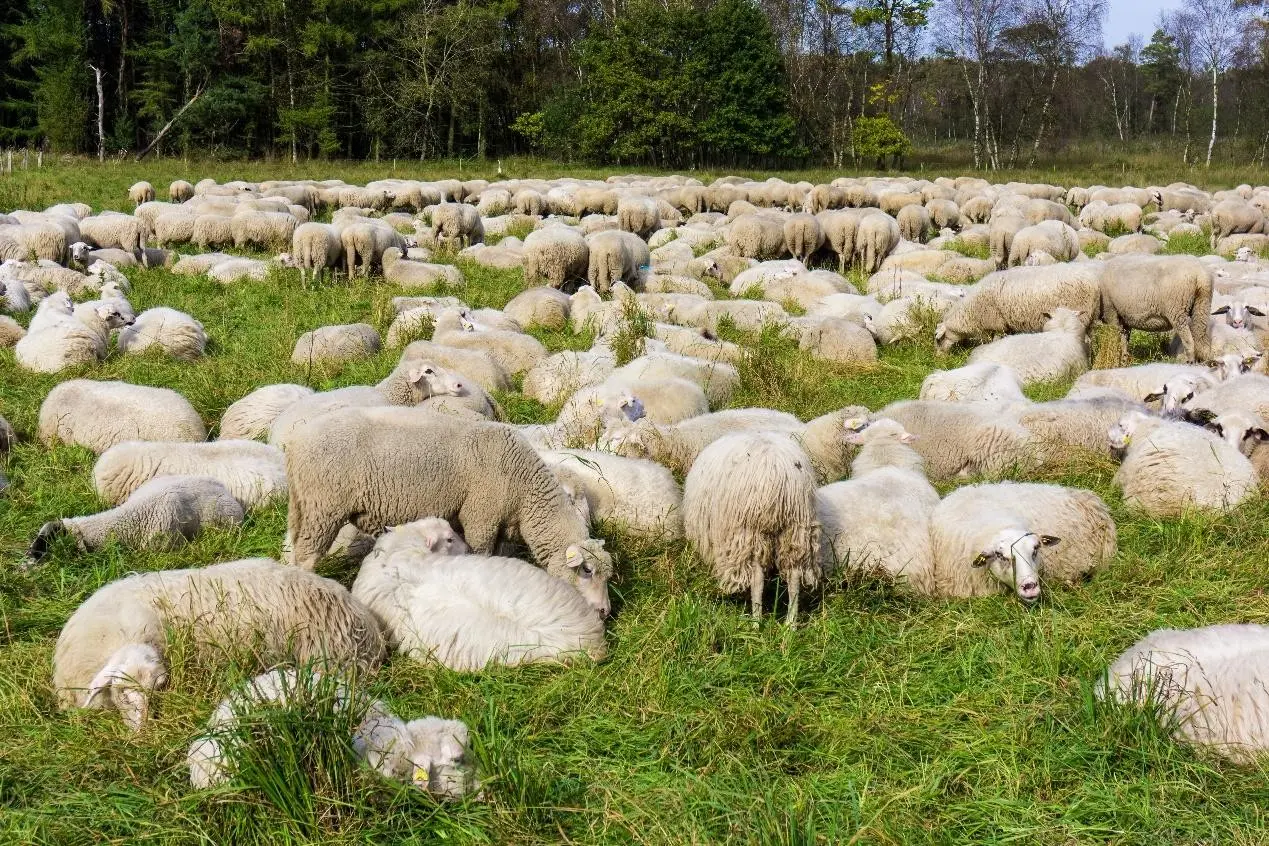
Scientific Feeding and Management of Laying Hens: Key to High Egg Production

Can Bacillus and Photosynthetic Bacteria Be Used Together?
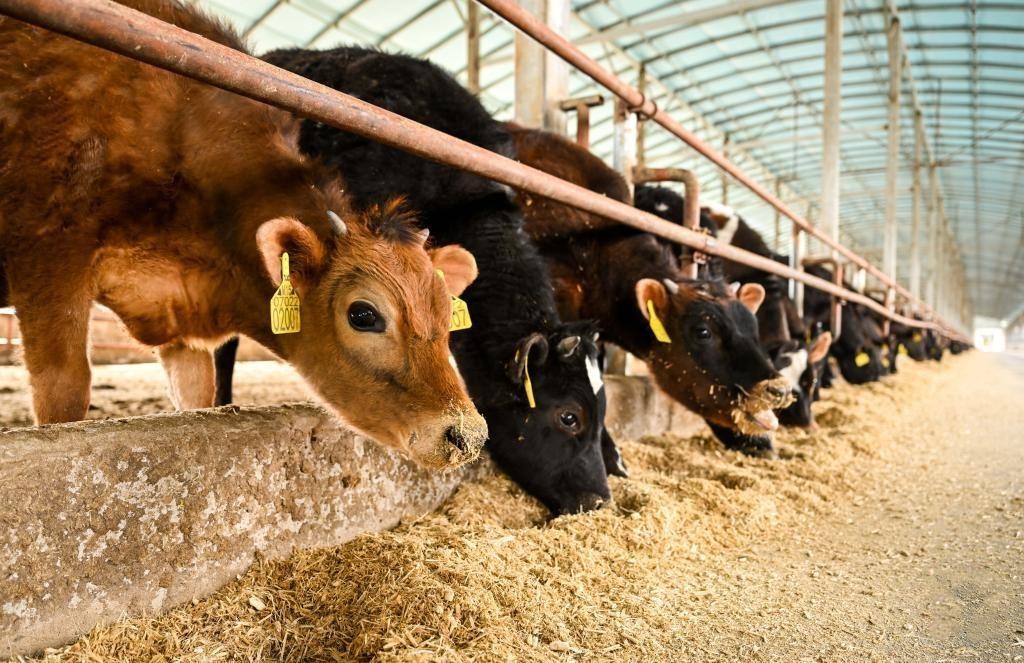
Biosecurity and Animal Health: A Key to Successful Cattle Farming
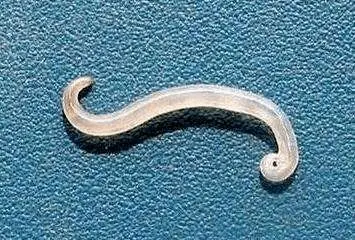
Special Topics On Swine Disease-Toxoplasmosis
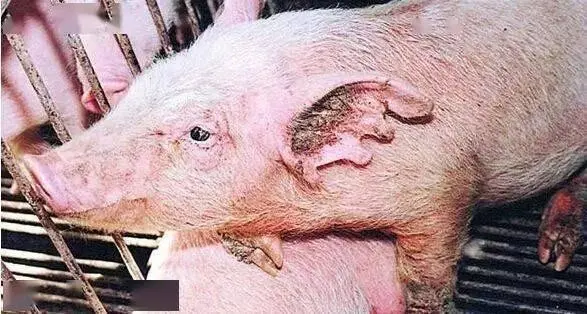
Special Topics On Swine Disease– Sarcoptic Mange
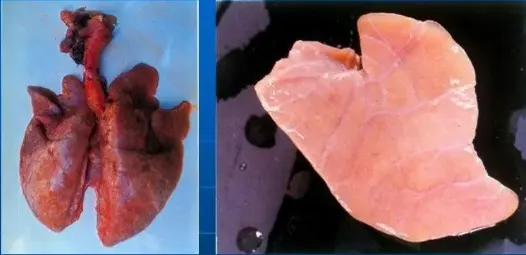
Special topics on swine diseases:Porcine Endemic Pneumonia
Overview:
Porcine Endemic Pneumonia is a chronic respiratory infectious disease in pigs. The causative agent is Mycoplasma hyopneumonia (also known as M. hyorhinis), and the primary clinical symptoms include coughing and dyspnea. The characteristic lesion is fusiform bronchopneumonia, with some lung lobules showing "meaty" consolidation. The infection mechanism involves Mycoplasma infecting the bronchial cilia, damaging them and causing a loss of the tracheal function to block pathogens. Secondary infections by other pathogens in the environment (e.g., Pasteurella, Actinobacillus pleuropneumonia, Salmonella, and viruses) lead to multi-factorial respiratory diseases. In acute cases, pulmonary edema and emphysema predominate; in subacute and chronic cases, "shrimp meat"-like consolidation of the lungs is observed. The disease has a high infection rate but low mortality, though it can cause growth retardation and reduce feed efficiency. In other words, it prolongs the time to market for pigs.







